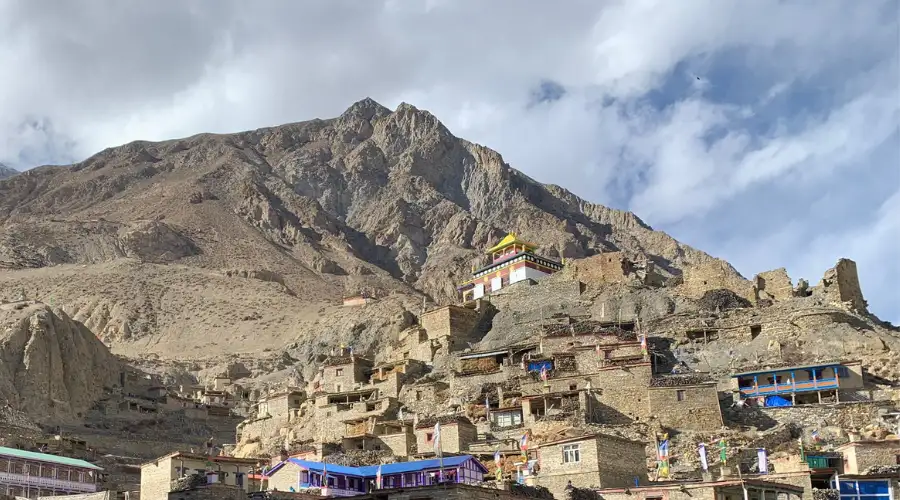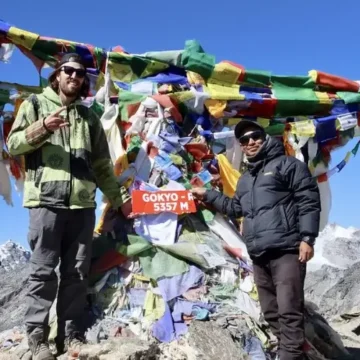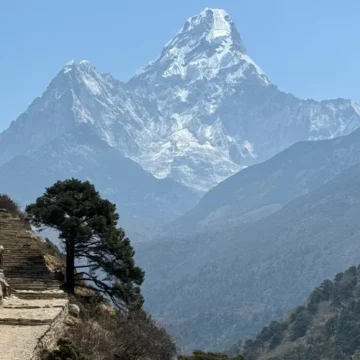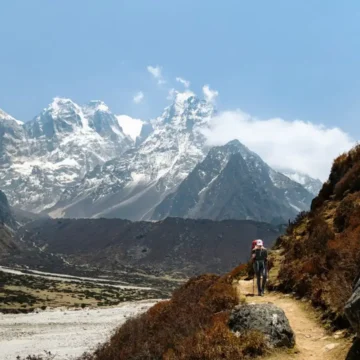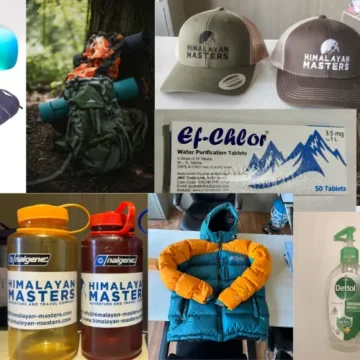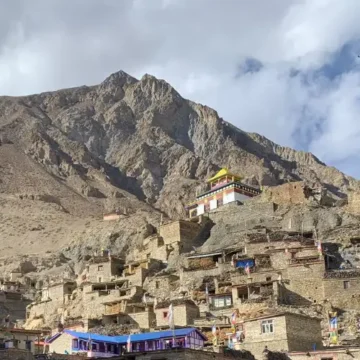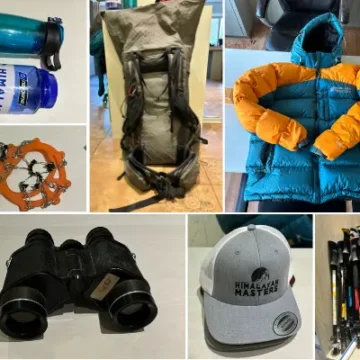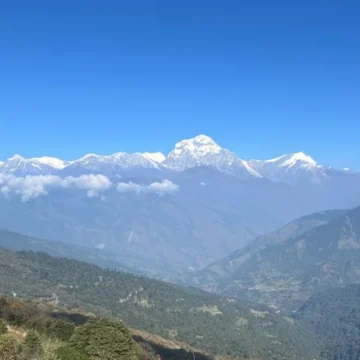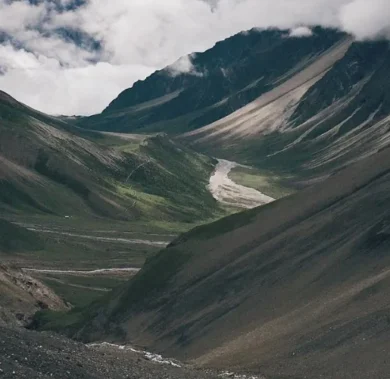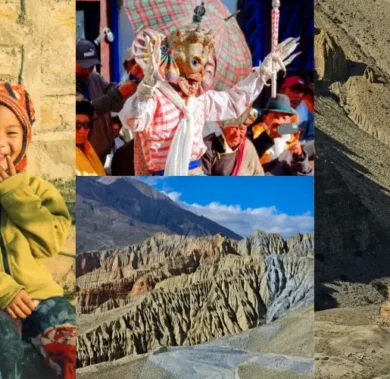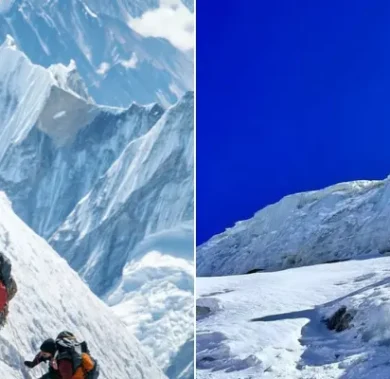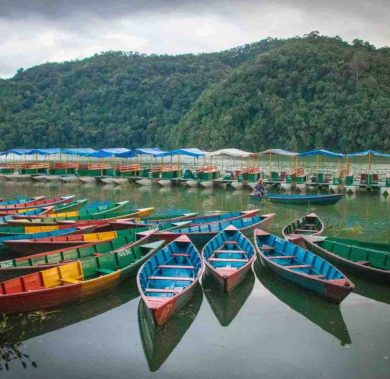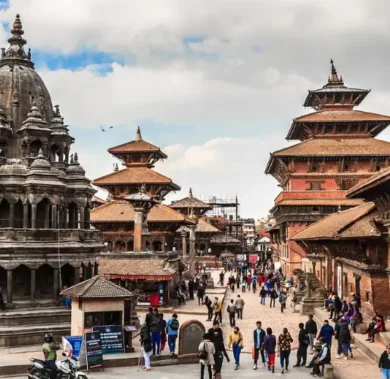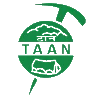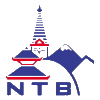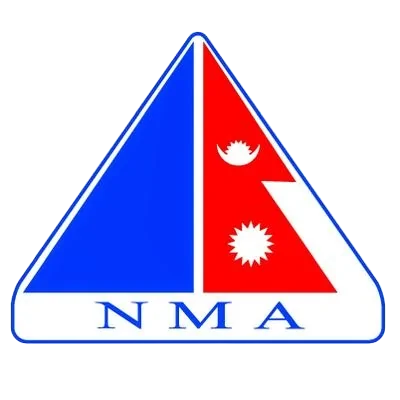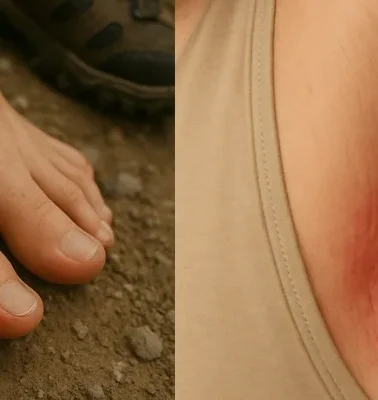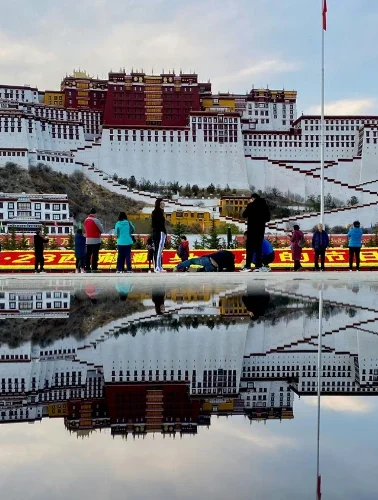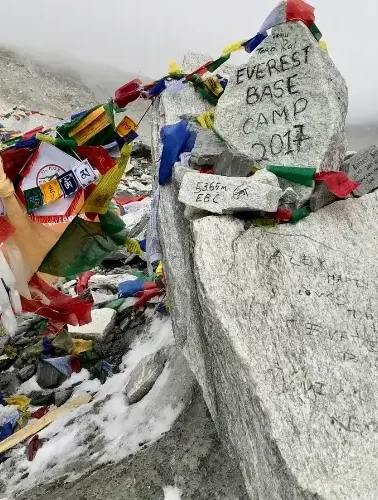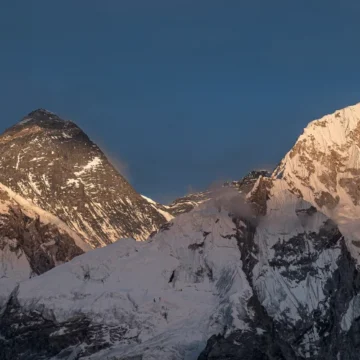
Nar Phu Valley Trek Permits and Paperwork
Table of Contents
Nar Phu Valley Trek is a remote, isolated trekking destination in the Annapurna region of Nepal. The trek takes the trekkers to Nar and Phu Villages, along with crossing Kang La Pass. This trek offers its visitors a chance to explore some of the untouched adventures in the region, with jaw-dropping scenery of panoramic peaks and their surroundings. However, you will need to obtain Nar Phu Valley trek permits to traverse around, as it is a restricted area.
Trekkers must obtain a Restricted Area Permit (RAP) and Annapurna Conservation Area Permit (ACAP) to enter the region. The Nepal government has made it compulsory to preserve the cultural importance of this region and protect its delicately balanced environment and trekkers’ safety.
The Nar and Phu villages were closed until 2002. Only after 2002 was this region open for others to visit. Even though the region is accessible for those looking for adventure and cultural immersion, it is still unknown to many.
Nar Phu Valley Trek is an excellent journey to some of the ancient Tibetan-influenced villages and rugged Himalayan landscapes. For a well-organized, safe, and memorable Nar Phu Valley Trek, contact Himalayan Masters.
Let’s go through in detail about which permits you need for Nar Phu Trek and how and where to obtain them.
Essential Paperwork Required for Nar Phu Valley Trek
To travel around the restricted and remote areas of Nar Phu Valley, you need to pack some permits and documents for a smooth trekking experience.
Remember to pack a valid passport, Nepal visa, travel insurance, and permits.
Below is a detailed overview of the essential paperwork and Nar Phu Valley Trek permits.
Passport and Visa
Trekkers are required to have a passport with at least 6 months of validity from the date they enter Nepal. Additionally, a tourist visa is also mandatory.
You can acquire a Nepal visa on arrival at the Tribhuvan International Airport in Kathmandu or at different entry points in Nepal.
Also, you can apply for a Nepal visa through a visa consulate or Nepalese embassy in your own country. Further, it is essential to check all the criteria and documents required to obtain a Nepal Tourist Visa.
The fee for a Nepal Visa varies depending on the number of days you stay in Nepal. To do so, go through the official website of Department of Immigration (DoI).
Travel Insurance
Travel insurance that covers high-altitude trekking (up to 6000 meters) is mandatory for Nar Phu Valley Trek. Make sure that your insurance policy covers all the emergency medical bills, trip cancellations, and helicopter insurance. We recommend that you get this insurance from your own country.
Having insurance ensures your safety and lets you trek carefree. However, it is essential that you stay alert at all times and listen to your guide as the trek involves some challenging terrain and high-altitude passes to cross.
Nar Phu Valley Trek Permits
As we have already discussed, Nar and Phu villages are restricted areas in the Annapurna region. So, it is essential that you obtain a permit to enter into the valley. Likewise, the Nar Phu Valley trek falls within the Annapurna Conservation Area, for which a conservation area entry permit is required.
Restricted Area Permit (RAP)
The Nar and Phu villages are marked restricted by the Nepal government to control the crown and preserve its importance and culture. This Restricted Area Permit (RAP) restricts the number of visitors and offers a chance to explore the long-preserved culture and livelihood of ancient Tibetan communities.
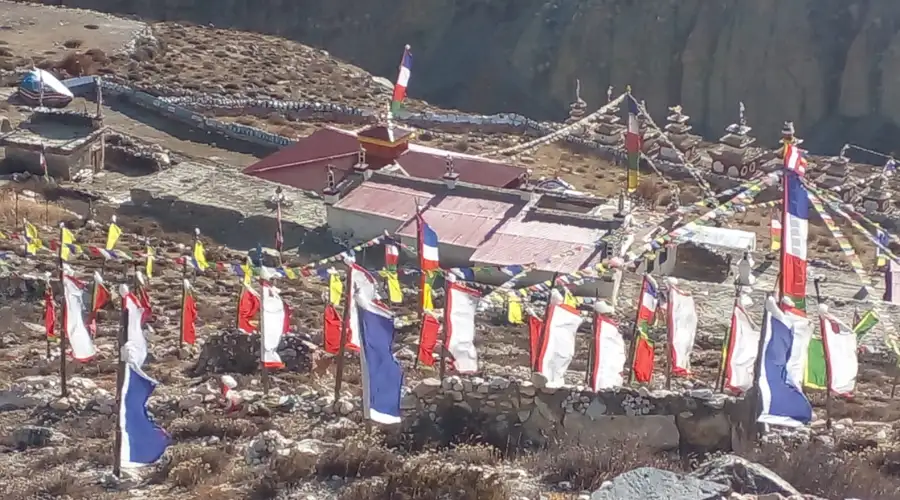
Furthermore, to obtain RAP, one must be associated with one of the registered trekking agencies and a licensed guide. So, in a way, solo trekking is not permitted too.
However, if you are trekking with Himalayan Masters, there is nothing to worry about this permit. We will arrange all the permits for travelling around Nar and Phu villages safely and smoothly, included in the trip package.
The cost of a Restricted Area Permit (RAP) varies according to the trekking season in Nar Phu Valley.
- Autumn (September to November): $100 for the first 7 days, and then $15 per extra day (per person)
- Other seasons (December to August): $75 for the first 7 days, and then $10 per extra day (per person)
Note: RAP cannot be issued for a single trekker. You should be a group of at least two trekkers.
What Documents Are Required to Obtain a RAP?
Trekkers must submit the following documents to obtain a Restricted Area Permit (RAP):
- A valid passport with at least 6 months of visa validity
- Two passport-sized photos
- A detailed trekking itinerary, entry and exit dates for the restricted area should be specified
- A travel insurance
- A letter of recommendation from trekking agency
- Fee for RAP
Annapurna Conservation Area Permit (ACAP)
Since Nar Phu Valley is a part of the Annapurna Conservation Area, issuing ACAP is mandatory. This permit and RAP can be issued by the Nepal Tourism Board in Kathmandu or Pokhara. ACAP can be obtained independently, too.
The money collected from this permit contributes to preserving and promoting eco-tourism in the conservation area and building infrastructures.
It costs NPR 3000 (around $23) for foreigners, NPR 1000 (about $8) for SAARC citizens, and it is free for Nepali citizens.
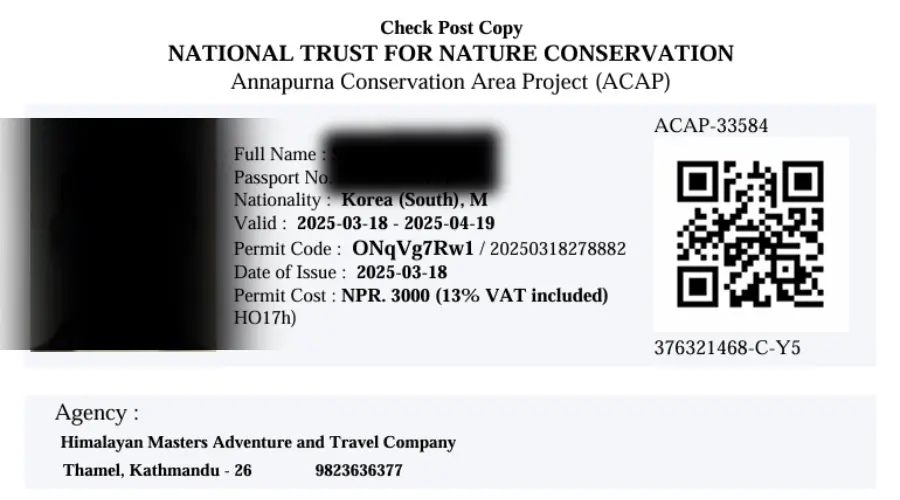
Do I need to obtain new permits if I extend my Nar Phu Valley Trek?
Yes, you need to obtain a new permit or let’s say you need to extend the duration of your permits if you extend your Nar Phu Valley Trek.
If you have to extend your Nar Phu Valley Trek for any reason, make sure that you inform your trekking agency and local authorities about it. Then, after additional payment for the extended period, according to your updated trekking itinerary.
Permit extension can be done at the Department of Immigration in Kathmandu or Pokhara. And again, you need not worry about it. We will manage it for you.
Then, you are all set to venture again in your trekking adventure.
Note: ACAP needs not be extended as there is no time limitation.
Why is solo trekking not allowed in Nar Phu Valley Trek?
The Nepal government has strictly prohibited solo trekking in Nar Phu Valley due to different permit regulations and safety concerns.
The remote location of the trek makes it difficult for medical emergencies and rescues. For that reason, hiring an experienced and licensed guide is mandatory while preparing for the Nar Phu Valley Trek.
Likewise, restricting solo trekking aids in protecting local culture and environments. If not, due to the overcrowding, the natural balance of culture and the awe-inspiring beauty of Nar Phu Valley could be disturbed.
Furthermore, hiring a guide and porter also supports the local economy by providing employment to the locals.
What happens if I overstay after my Nar Phu Valley Trek permits expires?
We do not recommend you overstay after the expiration of your Nar Phu Valley Trek permits.
There is no problem with ACAP, as there is no expiration limitation. However, if you overstay once your RAP expires, it could result in fines and penalties.
You might be fined by authorities for each day you overstay. Further, you might not be able to leave the restricted area or Nepal, or you might be restricted from entering Nepal again.
So, make sure that you have your permit in hand, with still days for expiration when crossing checkposts stationed along the trek route.
Is obtaining permits without a trekking agency possible?
No, obtaining Nar Phu Valley Trek permits without a trekking agency is not possible, especially a Restricted Area Permit (RAP). So, ensure you are assisted by a registered trekking agency in obtaining the permits.
Besides, the Annapurna Conservation Area Permit (ACAP) can be obtained independently from the Nepal Tourism Board or at the entry points of the conservation area.
Final Tips for Nar Phu Valley Trek Permits
- Start your Nar Phu Valley Trek Permits application process in advance to avoid any hassle at the last minute, as it might take longer.
- It is better to make copies of your essential documents and permits to present them wherever needed.
- Respect locals, their customs, and regulations for a healthy, enjoyable and memorable trekking experience.
Want to know more?
Speak to an Expert





Sandip Dhungana
Nepal 🇳🇵
Whatsapp: +977-9823636377

